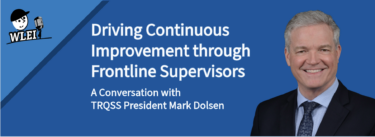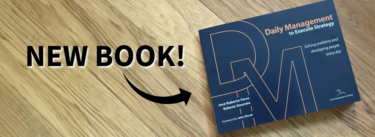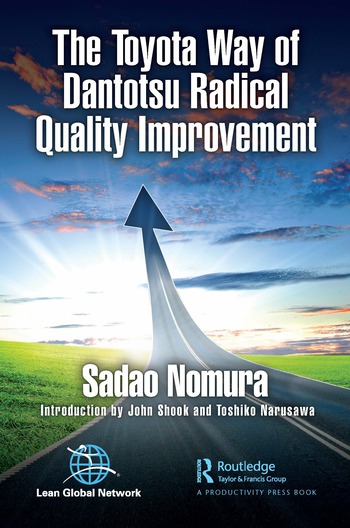It’s been 24 years since The Machine That Changed the World was published, and it’s hard to imagine a more eventful and change-filled quarter century than the one that followed the publication of the book.
Perhaps the most historic of all recent changes was the rise of the Internet in the mid-90s as the vehicle for real-time connectivity and knowledge sourcing and sharing.
While the modern age pushed us all closer, it has also presented us with new challenges. Take business as an example: competition has never been more fierce; the recent financial crisis has exposed all the shortcomings of capitalism as we came to know it; globalization has pushed many towards off-shoring only to then show how risky a decision that was; and so on. This is a time of great challenges, and therefore (if we want to be lean about it), great opportunities.
In a world where recessions and wars, not just information and instant messaging, have become global, we have an opportunity now to find more value in unity and collaboration than ever. Today’s extraordinary level of connectivity, coupled with lean thinking, can help us live up to the promise of a better world. Lean thinking can help us make change happen at a faster pace in our hospitals, stores, governments, cities, offices, and of course, factories.
This is the spirit with which, this past winter, the Lean Global Network launched Planet Lean, an online publication like the The Lean Post that aims to share lean knowledge, know how, and expertise to a global audience. Planet Lean has the dual goal of making it easier for lean thinkers and enthusiasts across the globe to learn together and collaborate. The problems we face really are the same around the world.
Since the launch of Planet Lean, I’ve been proud to publish articles, interviews, and case studies from 13 of the institutes in the Lean Global Network. What are some of my favorites? There are “how to” articles, such as Wiebe Nijdam’s guide to practical hoshin kanri, and examples of best practice like Denise Bennett’s case study on the City of Melbourne. We have interviews with lean leaders and experts like Joanna Omi of the New York City Health and Hospitals Corporation and Jim Morgan, as well as regular contributions by Michael Ballé and other thought-leaders.
24 years ago Lean introduced the world to a different way of managing people and running businesses, one that allows for a careful analysis of customer value and a more caring, respectful approach to people’s work. Now that an ever-growing number of organizations around the globe are embracing lean principles, it’s time to build on the movement’s achievements and to respond to the challenges of the modern era together.
I would love to hear your thoughts on what you think the challenges of the 21st century are that Lean can help us to tackle. Please share your thoughts in the comments below and contact me at priolo@leaninstituut.nl.





